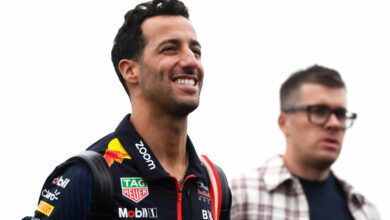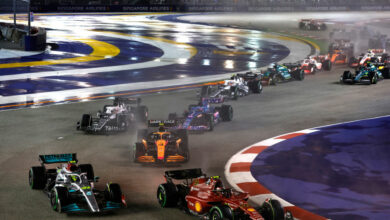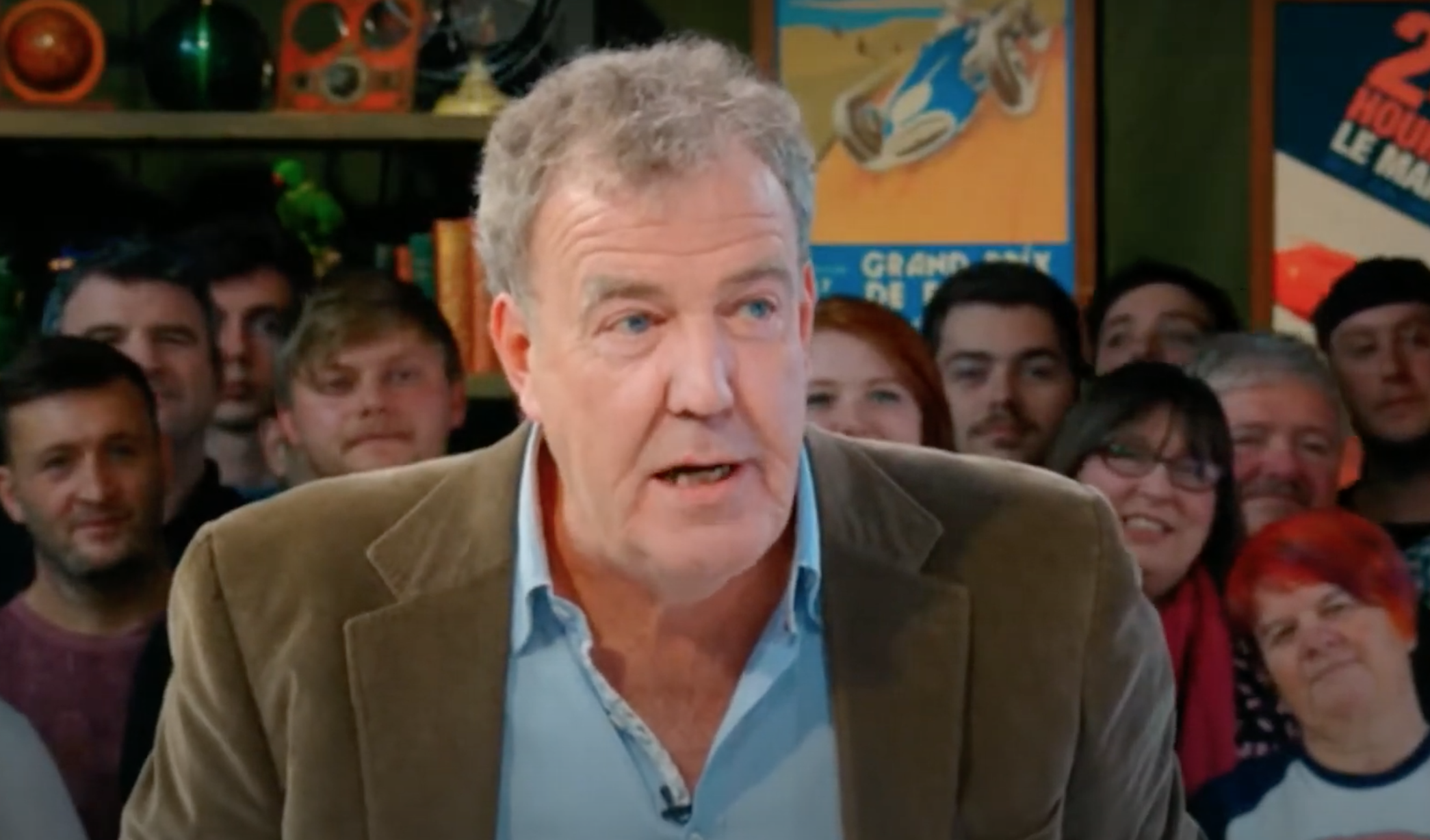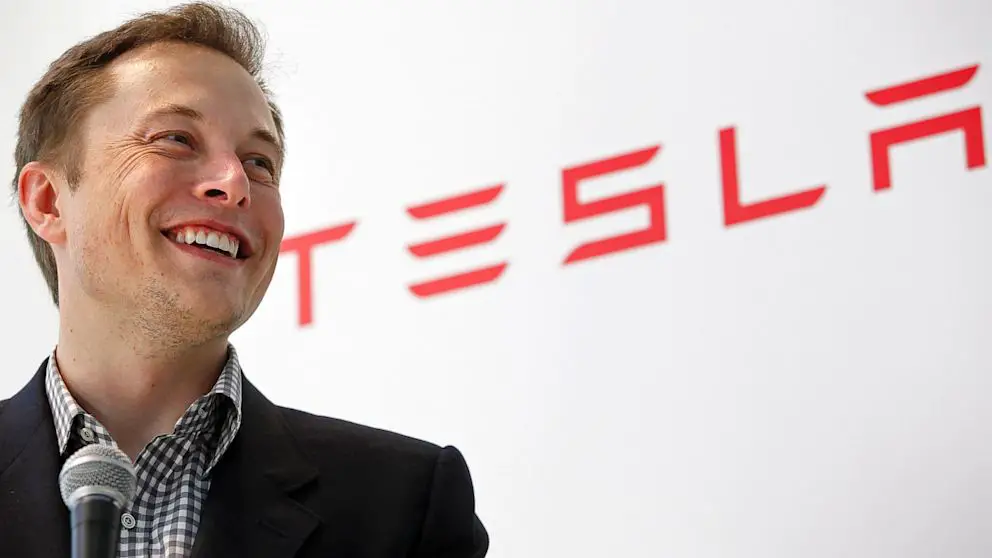Danger on the Track: Daniel Ricciardo’s Safety Concerns Rock Formula 1
The Las Vegas Grand Prix Incident Sparks a Debate on Formula 1's Commitment to Safety
Formula 1 drivers are known for their fearless approach to racing, but safety remains a paramount concern for both the drivers and the sport’s organizers. Recently, Daniel Ricciardo, one of the sport’s most respected drivers, raised significant safety concerns about the Las Vegas Grand Prix after a disrupted practice session caused by a loose drain cover. His comments have brought into question Formula One’s thoroughness in ensuring track safety.
During a practice session leading up to the Las Vegas Grand Prix, Ricciardo’s car encountered a loose drain cover on the track, causing damage to the underbody of his car. Thankfully, Ricciardo escaped unharmed, but the incident sent shockwaves through the Formula 1 community. It prompted him to speak out about the safety standards at the new Las Vegas circuit and the sport in general.
Ricciardo’s comments were clear and concise: “Safety should always be our top priority, and incidents like this should never happen. It’s not just about our performance on the track; it’s about our lives.”
The incident highlights a broader issue within Formula 1 – the need for consistent and stringent track safety measures. Formula 1 is known for pushing the boundaries of technology and performance, but it should never compromise on the safety of its drivers. Loose drain covers, like the one Ricciardo encountered, are not only dangerous but entirely preventable.
Formula 1 has made significant strides in improving safety over the years, with innovations such as the Halo device and improved track designs. However, incidents like the one in Las Vegas serve as a stark reminder that more can be done to ensure the safety of drivers and spectators alike.
Ricciardo’s vocal stance on safety should not be dismissed as the opinion of a single driver. His comments have resonated with many within the sport, including fellow drivers and team principals. It has ignited a broader discussion about track safety standards and the need for continuous improvement.
Formula 1’s governing body, the FIA, must take Ricciardo’s concerns seriously and conduct a thorough investigation into the incident in Las Vegas. They should also use this as an opportunity to reassess and enhance safety protocols at all Formula 1 circuits. The sport cannot afford to compromise on safety, and it must remain proactive in addressing potential hazards.
In conclusion, Daniel Ricciardo’s safety concerns regarding the Las Vegas Grand Prix have shed light on the importance of track safety in Formula 1. The incident serves as a reminder that safety should always be the top priority, and no compromise is acceptable. Formula 1 must use this as an opportunity to reassess and enhance safety measures to ensure the well-being of its drivers and the continued success of the sport.
Following the inaugural practice session of the Las Vegas Grand Prix, marred by a loose drain cover, Daniel Ricciardo, the McLaren driver, voiced substantial apprehensions regarding the event’s readiness and safety protocols. He articulated:
“It’s a fair question. We’re like, yeah it’s a late day, but two cars got ruined. Along with that there is a financial thing there for the teams, which is a big issue for them, but then you brought up the biggest issue which is safety.
“So fortunately Carlos is OK, but those things could be greater — when I say greater I mean bigger consequences. I don’t know, I think it’s easy to say we did opening ceremonies and focused on other things and did they do their due diligence on the track?
“But with everything that happened today, you could ask some questions like did they do enough? That one for sure I can’t side step, that is a safety concern, and we’re here late but the safety one is something hopefully they will take pretty seriously.”
Ricciardo also referenced previous incidents on other street circuits and emphasized the necessity for rigorous safety checks:
“It [loose drain covers] happened in Monaco and Baku as well, it’s obviously a street circuit thing, but I feel like permanent circuits have a certain criteria or whatever and a lot of boxes to tick and I feel like street circuits need a few more. It’s hard when it’s open to the public, but they obviously need to do that.”
The unexpected turn of events created a unique situation for both fans and participants. Ricciardo further emphasized:
“That’s a bummer, yeah. If we didn’t do the FP2 it would have probably just been scrapped and we would have gone into FP3, so at least like this the fans got to watch it on TV. I’m trying to be positive! But it’s obviously a difficult situation and I don’t want to s— on the sport, it’s the first time here, it’s a massive project and things unfortunately happened.
“I know no one wanted them to but I guess they did the best they could with what they had. I know it’s late and everyone is probably a little bit grumpy, but at least we got some running done.”



